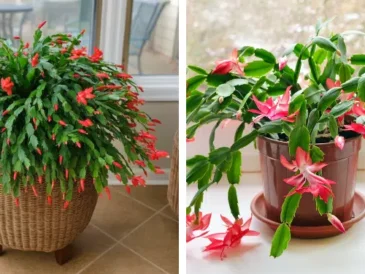Wood ash is far more than just a byproduct of a fireplace — it’s a valuable resource for your garden when used wisely. Here are some of its main benefits and uses:![]()
1. Natural Fertilizer
Packed with potassium, calcium, and trace minerals, wood ash provides essential nutrients for healthy plant growth. A light sprinkle around the base of your plants or mixed into the soil can give them a natural boost.
2. Soil Conditioner
Ash helps reduce soil acidity by raising the pH, making it especially helpful for plants that prefer neutral to alkaline conditions. It also improves soil structure, promoting better aeration and drainage.
3. Pest Deterrent
A thin ring of wood ash around your crops creates a simple barrier against slugs and snails, keeping them from damaging tender plants without the need for chemicals.
4. Fungal Protection
With its antifungal qualities, ash can help reduce the risk of fungal diseases. Lightly dusting leaves may protect them, but avoid overuse to prevent salt buildup.
5. Enhanced Soil Fertility
Ash improves the soil’s ability to hold onto nutrients, ensuring they remain available for plants over time and encouraging stronger growth.
![]() Tips for Use
Tips for Use
Apply sparingly — too much ash can harm your soil balance.
Blend it with compost for a more balanced amendment.
Only use ash from untreated, natural wood to avoid toxic residues.
Used with care, wood ash is a free, eco-friendly way to feed your soil, protect your plants, and create a healthier garden. ![]() create a two picture collage
create a two picture collage




